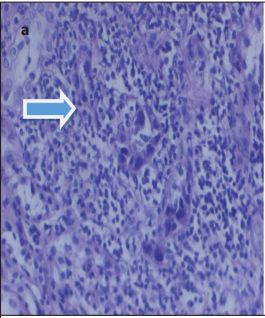Objective: BK virus nephropathy (BKVN) is an important cause of kidney transplant failure. In this study, we aimed to evaluate our center’s experience with BKVN in patients who had undergone renal transplantation and also discussed important aspects of the disease in this patient population.
Materials and Methods: In this study, 8 patients with BKVN were evaluated retrospectively, having been selected from a group of 330 patients (178 females, 152 males; mean age: 48.37±13.25 years) who had undergone renal transplantation between 2007 and 2017 and were followed up at our center.
Results: BKVN was detected in 8 of 330 renal transplantation patients (4 females, 4 males; mean age: 51.25±11.14 years). Their immunosuppressive regimen consisted of tacrolimus (FK), mycophenolate mofetil (MMF), and methylprednisolone. To reduce immunosuppressive dose, FK was discontinued in 3 patients, and they were switched to everolimus. In 2 of 7 patients, MMF was discontinued, and they were switched to azathioprine. FK or MMF doses were reduced in the8 patients with BKVN. Out of the 8 patients, cidofovir was administered to 1 patient, whereas intravenous immunoglobulins were administered to 3 patients. Additionally, pulse steroid treatment was administered to 1 patient who was diagnosed with acute rejection based on allograft biopsy findings. Among the 8 patients with BKVN, 1 (12.5%) experienced graft loss and was returned to hemodialysis treatment.
Conclusion: Although new alternative treatments are available, immunosuppressive dose reduction is still considered the most effective treatment. Therefore, we believe that effective screening and preemptive strategies should be defined more clearly instead of focusing on treatment strategies.
Cite this article as: Baloğlu İ, Türkmen K, Esen HH, Selçuk NY, Tonbul HZ. BK Virus Nephropathy in Renal Transplantation: Case Series and Review of the Literature. Turk J Nephrol 2020; 29(1): 12-7.

.png)


.png)

.png)
